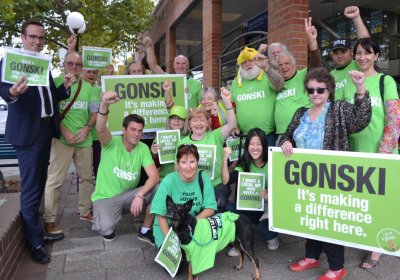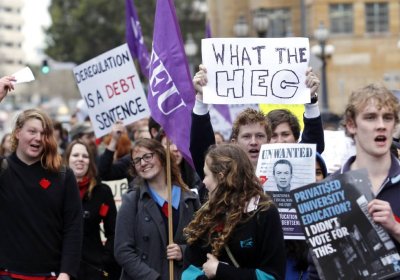About 60,000 public school teachers gathered on the streets of Colombia’s capital, Bogota, on June 6 demanding a government response to a crisis in the sector.
The teachers have been on strike for over a month now demanding reform in education that would see dramatic investment in the sector in terms of pay and medical care as well as a reduction in the student-teacher ratio and improvement in school meals, among others.











